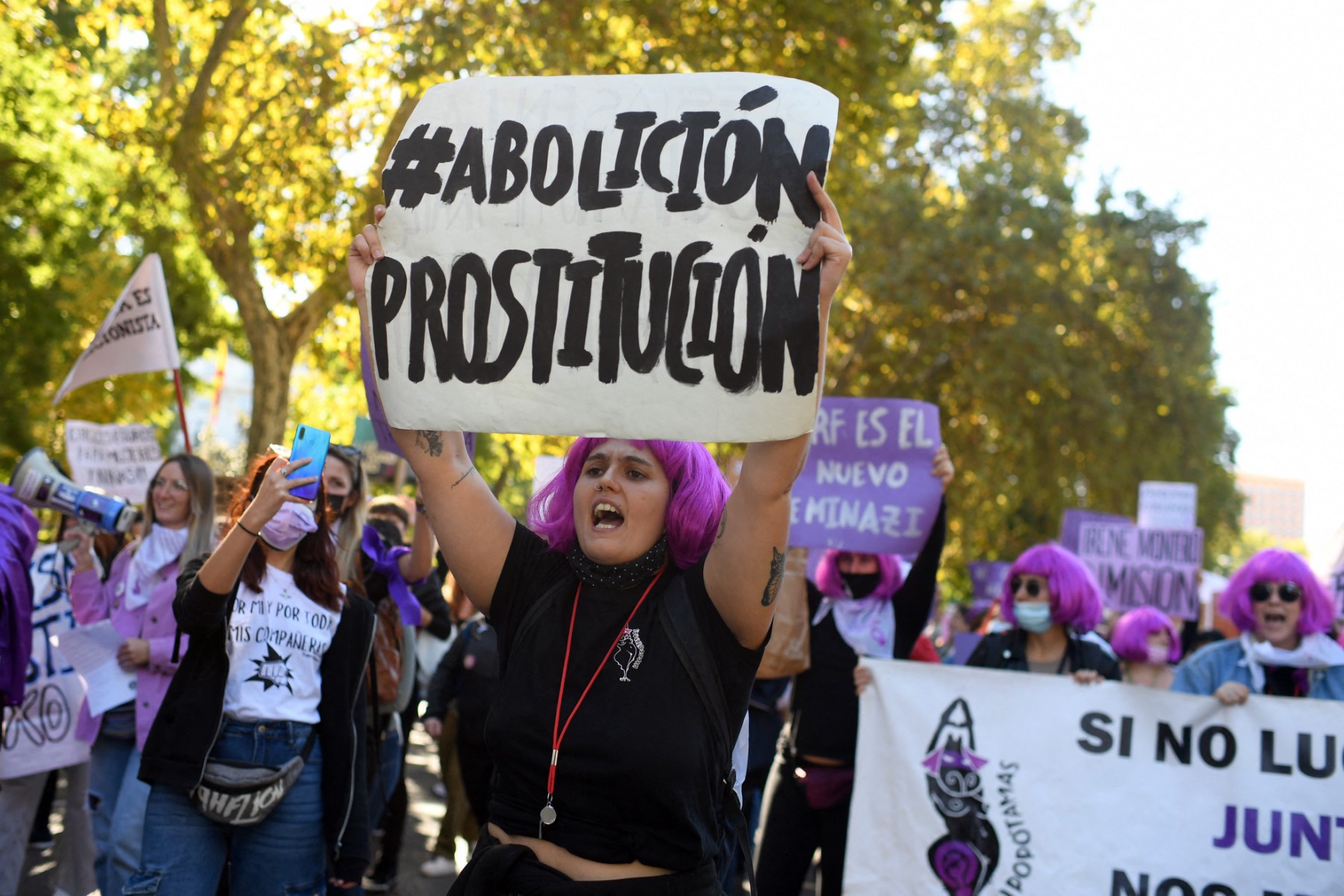About 45,000 people heeded the call by the Popular Party to gather in the capital’s central Plaza de Espana, according to police estimates.
The amnesty bill, which was imposed by Catalan parties as a condition for agreeing to support Prime Minister Pedro Sánchez’s coalition, will be presented Tuesday to the lower house of Spain’s parliament.
Once approved and enacted, which could take several months, the law would block legal action against hundreds of Catalan activists who are being investigated or have been charged for their role in the attempted declaration of an independent Catalan state in 2007.
Sunday’s march was attended by PP leader Alberto Núñez Feijóo and former prime minister Mariano Rajoy, as well as president of the Madrid region Isabel Ayuso.
READ ALSO: Catalan separatists call for Spain’s amnesty to pardon acts of terrorism
The crowd carried numerous Spanish and European flags, as well as banners saying “No to amnesty” and “Sánchez traitor”.
Silvia Sobral, 64, said she’d come to protest against “this traitor government” that wants to “destroy the Spanish nation”. She said the eventual return of Carles Puigdemont, the former head of the Catalan regional government who fled to Belgium after the aborted secession, was “an insult”, unless he was returning “to go to jail”.
For Diego Garcia, 72, it is “unacceptable” to pardon “people guilty of pure and simple terrorism”.
The far-right party Vox has also held numerous protests against the amnesty bill, some of which have turned violent, especially in front of the Socialist party’s headquarters.
Sánchez’s government won a vote of confidence in parliament last November for another four-year term, but the shaky coalition needs the votes of two Catalan parties who insisted on the amnesty law as the price of their support.




 Please whitelist us to continue reading.
Please whitelist us to continue reading.
Member comments